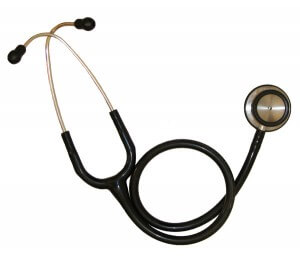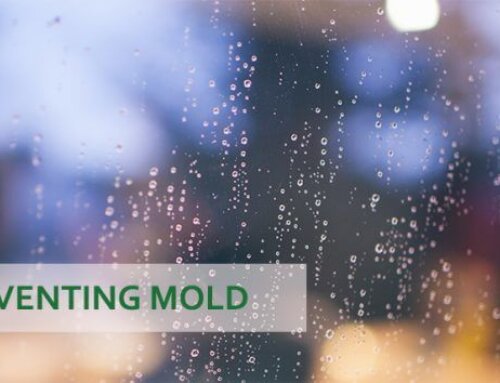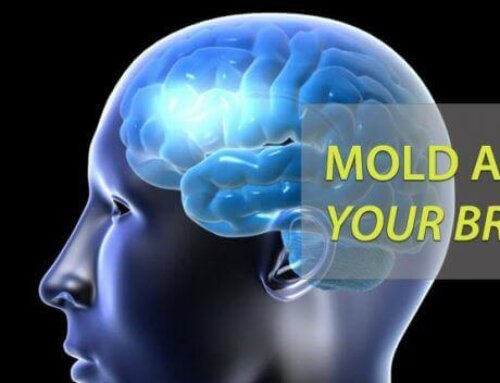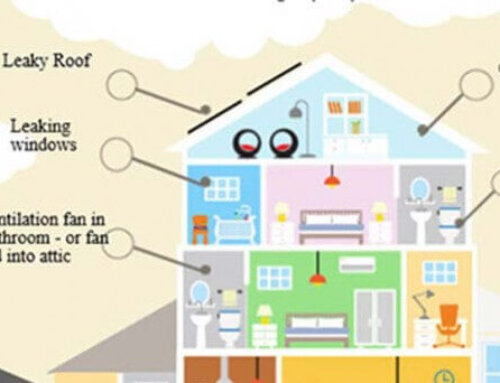
How Does Mold Effect Your Health?
From the EPA’s web site: “Some people are sensitive to molds. For these people, exposure to molds can cause symptoms such as nasal stuffiness, eye irritation, wheezing, or skin irritation. Some people, such as those with serious allergies to molds, may have more severe reactions. Severe reactions may occur among workers exposed to large amounts of molds in occupational settings, such as farmers working around moldy hay. Severe reactions may include fever and shortness of breath. Some people with chronic lung illnesses, such as obstructive lung disease, may develop mold infections in their lungs.”
Allergic Reactions to Mold:
From EPA: “A major concern associated with exposure to biological pollutants is allergic reactions, which range from rhinitis, nasal congestion, conjunctival inflammation, and urticaria to asthma. Notable triggers for these diseases are allergens derived from house dust mites; other arthropods, including cockroaches; pets (cats, dogs, birds, rodents); molds; and protein-containing furnishings, including feathers, kapok, etc. In occupational settings, more unusual allergens (e.g., bacterial enzymes, algae) have caused asthma epidemics. Probably most proteins of non-human origin can cause asthma in a subset of any appropriately exposed population.”
Read these and more details at the EPA’s Mold Resources Page
Are You Suffering from Mold Exposure Symptoms?
Experiencing any of the symptoms listed here is not an iron-clad indication that you have a mold problem. Where your health is concerned you should first consult with your doctor. Nevertheless, think about when your symptoms are at their worst. When you leave your home or office and travel to another location, do your symptom subside or stay the same? If your health symptoms appear to be location specific then mold may be the culprit.
Atlantic Corp. is certified and insured mold expert. If you think you have a mold problem, contact us for a free estimate of our services.




